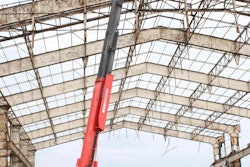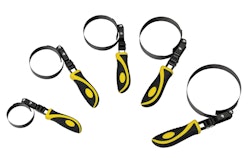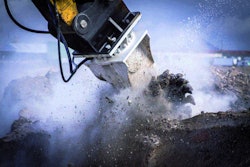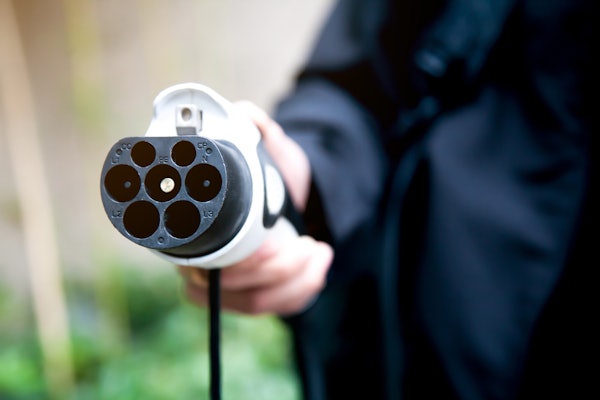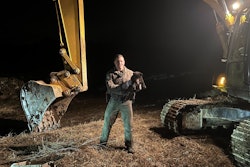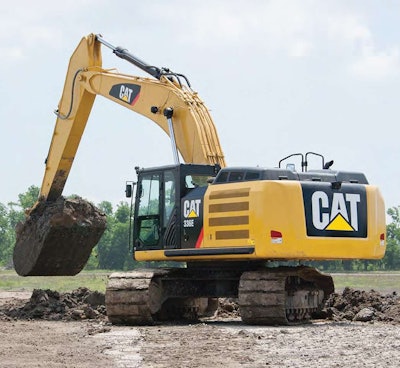
According to the company’s annual 10-K report filed Thursday with the U.S. Securities and Exchange Commission, Cat now faces $2.3 billion worth of back taxes and penalties as the result of Internal Revenue Service audits of its 2007-2012 tax returns, including a loss carryback to 2005.
In the report, the company says that it is “vigorously contesting” the penalties. However, based on the company’s statement that it has not changed the way it files taxes in the “years after 2012,” Cat might be in for more penalties before the federal government’s investigation into Cat’s tax strategy is all said and done.
“We believe that the relevant transactions complied with applicable tax laws and did not violate judicial doctrines. We have filed U.S. income tax returns on this same basis for years after 2012,” the report reads. “Based on the information currently available, we do not anticipate a significant increase or decrease to our unrecognized tax benefits for this matter within the next 12 months. We currently believe the ultimate disposition of this matter will not have a material adverse effect on our consolidated financial position, liquidity or results of operations.”
The $2.3 billion sum represents a $1.3 billion increase over an initial penalty levied by the IRS in 2015 after an audit of 2007-2009 returns. That same year, the company appeared before a Senate subcommittee to defend a tax strategy that allegedly allowed the company to avoid an estimated $2.4 billion in taxes since 1999. The company was initially found innocent of any wrongdoing and instead only received a scolding from the Senate subcommittee. However, the company’s legal woes were far from over.
The government’s frustration with the company’s tax dealings boiled over into a full-blown investigation following accusations from whistleblower Daniel Schlicksup, a once highly-trusted member of Cat’s corporate accounting team. Schlicksup filed a wrongful termination lawsuit in 2009 alleging that he had been warning Cat executives of the illegality of the company’s tax scheme since 2007.
Schlicksup alleged the company used what he referred to as a “Swiss structure” and a “Bermuda structure” to avoid paying taxes by moving select profits to offshore shell companies located in Switzerland and Bermuda. Much of the investigation—and these increased tax penalties—centers around Caterpillar SARL (CSARL), a Switerland-based parts subsidiary. Cat has allegedly attributed 85 percent of its parts sales to CSARL even though the vast majority of those sales happen in the U.S. where they would be taxed at a higher rate.
On March 2, 2017, three of the company’s Illinois-based facilities were raided by federal agencies. Law enforcement officials seized documents and electronics records related to the U.S. government’s ongoing investigation of the company’s tax strategy. Less than a week later, Cat CEO Jim Umpleby said the company was “surprised” by the raid, saying that the raid was unexpected due to how closely the company had been working with federal officials throughout the investigation.




